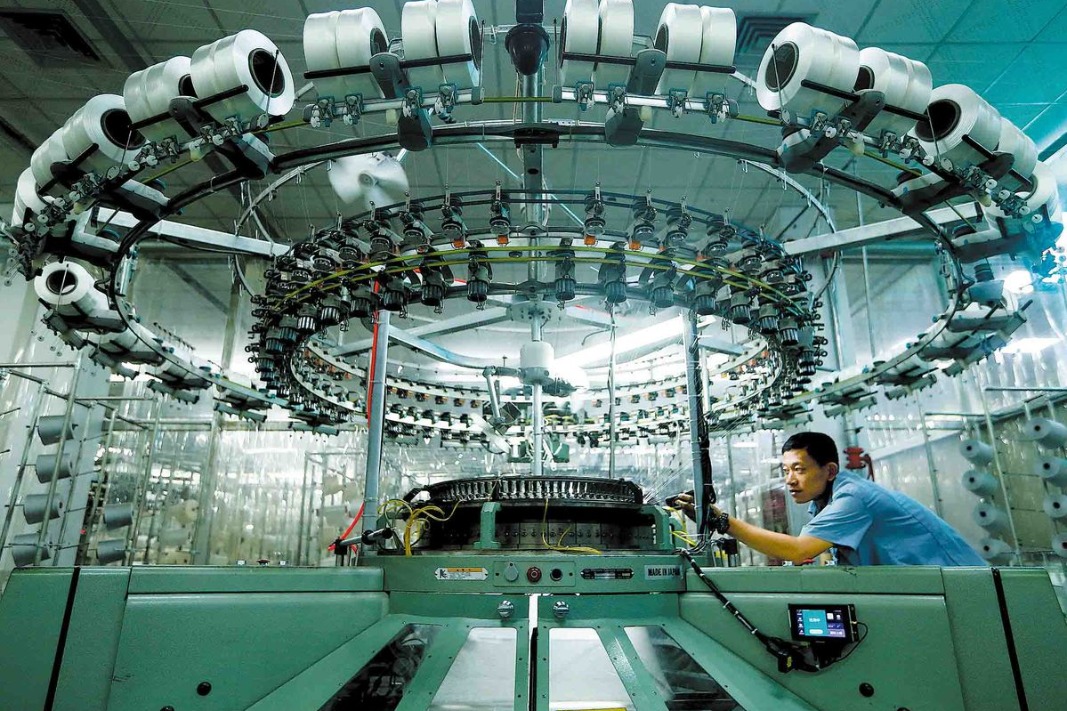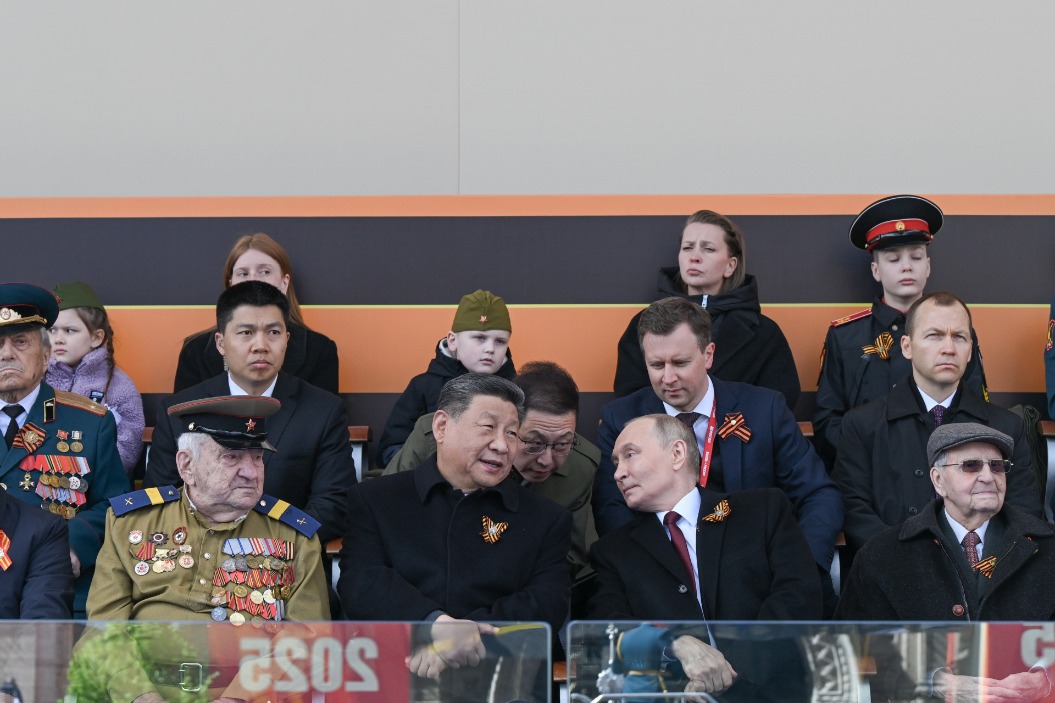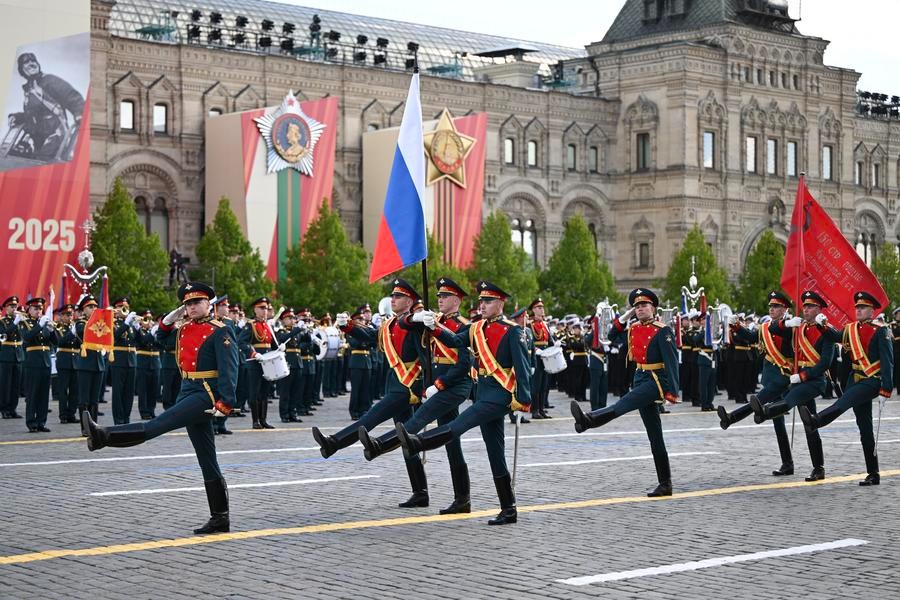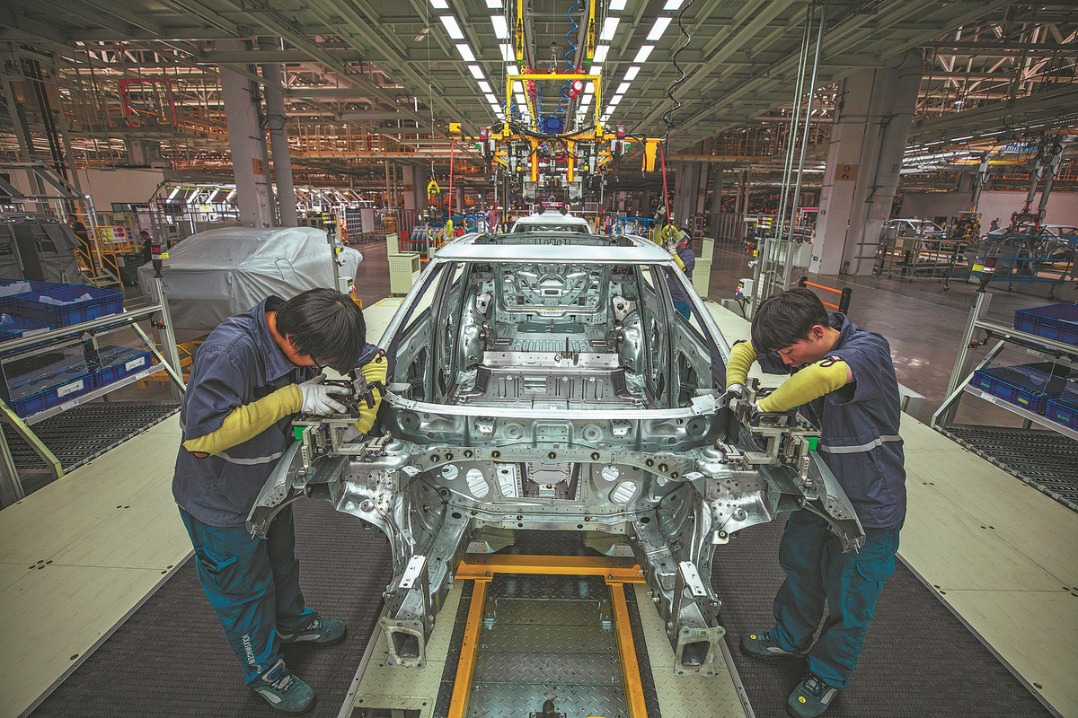All out of gas

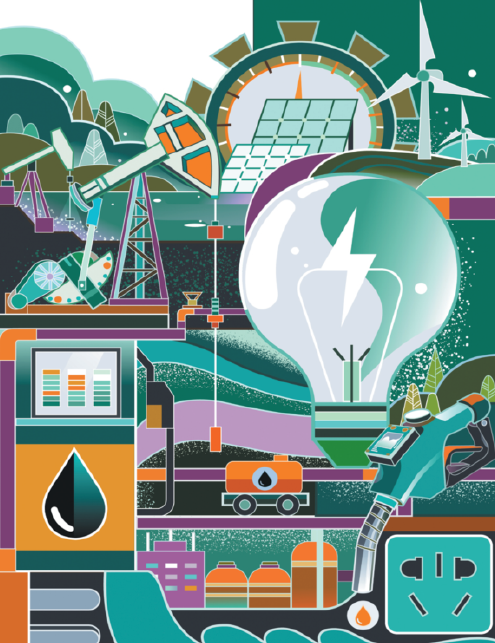
The energy crisis presents a grave challenge to the European Union's solidarity and low-carbon transition
The ongoing energy crisis across Europe is a result of both internal and external factors.
Europe's fragile energy system is the internal cause for the energy crisis. To start with, the European continent is short of energy resources. In particular, it has low fossil fuel reserves. In 2020, the oil, natural gas and coal reserves in Europe only accounted for 0.8 percent, 1.7 percent and 12.8 percent respectively of the global total, and its import dependency was 71 percent, 60 percent and 41 percent respectively. Second, there are long-term structural problems between the energy supply and demand in Europe. In 2021, oil, natural gas and coal accounted for 33 percent, 25 percent and 12 percent respectively of Europe's primary energy consumption. The three energy sources account for 70 percent of Europe's primary energy consumption, with renewable energy sources, nuclear power and hydropower accounting for the remaining 30 percent. About 70 percent of Europe's energy consumption comes from imported sources. Third, Eurostat data shows that in 2021, Russia supplied 29 percent, 48 percent and 50 percent, respectively, of the European Union's oil, natural gas and coal imports, a testimony to the EU member states' high level of dependency on Russian energy imports.
The Russia-Ukraine geopolitical conflict and severe sanctions against Russia imposed by the EU are external factors.
The spiraling energy crisis has imposed severe economic and social costs on Europe. According to Bruegel, a Belgium-based think tank, the bill for Europe's energy crisis is nearing 500 billion euros ($516.75 billion) as governments rush to soften the blow of soaring prices. The EU's 27 member states have so far earmarked 314 billion euros to cushion the impact of the energy crunch on consumers and businesses, while the United Kingdom has allocated 178 billion euros. According to a study published by the Ifo Institute for Economic Research, a Munich-based research institution, the current spike in energy prices will cost Germany 64 billion euros this year and nearly 110 billion euros in real income between 2021 and 2023.The typical household energy bill in the UK is forecast to soar to 4,420 pounds ($5,201) in 2022, three times the level it was in 2021.
The EU's political solidarity is also being put to the test as the energy crisis unfolds. EU member states appear to be trying to act in concert, but their divisions over how to combat the crisis are becoming increasingly evident.
The soaring energy prices have further enlarged the internal divisions between the EU member countries. Reform of the electricity market was already one of the most divisive issues within the bloc. Spain's government has proposed a withdrawal from the EU wholesale electricity price system and an overhaul of its domestic retail power tariff mechanism, which is supported by such countries as France, the Czech Republic and Greece, but opposed by nine EU countries including Germany, Denmark, Finland and the Netherlands.
And the EU's political solidarity was already shaky. The EU member states have been mired in endless wrangling for years over such issues as the share of refugees they should receive, the climate response and energy transition, etc. The ongoing energy crisis is dealing a heavy blow to all EU member states' economy and society and is undoubtedly empowering the far-right populists in Europe. The vast majority of EU members are looking to take care of their own interests when addressing the energy crisis, instead of the overall interests of the bloc.
The energy crisis is also testing the bloc's problem-solving capabilities.
The energy crisis has been a setback for the EU's quest for carbon neutrality as the energy transition gives way to energy security, which poses a severe challenge to the European Commission. To cope with the energy crisis, the European Commission has made Europe's energy security a top priority with an array of measures including increasing natural gas storage, calling for energy conservation, and looking for alternatives to Russian natural gas.
Despite the EU's firm resolve to safeguard European energy security, and some effects achieved by the above-mentioned measures, there are a lot of uncertainties and shortcomings. To start with, it is difficult for Europe to find alternatives to Russian gas, especially following the suspension of Nord Stream 1 and 2 pipelines, Russia's major gas pipelines to Europe. Second, even if the EU manages to fill its gas storage to 100 percent, it can only meet the heating demand in winter — the peak demand period for natural gas, and has to fulfill other demands with imports from countries other than Russia. Third, the EU's 12 industrial powerhouses that consume 92 percent of the energy — including Germany, France, Italy, Spain, the Netherlands, Belgium, Sweden and Poland — are hit hardest by the energy crisis and are bound to go their own way based on their own national interests in critical moments, further exacerbating EU fragmentation.
The ongoing energy crisis across Europe has exerted impacts on China as well.
First, it has affected Sino-European economic and trade cooperation by disrupting supply chains on both sides. Bilateral trade between China and Germany rose slightly by 0.9 percent on a yearly basis to 162.9 billion euros between January and September, with Chinese imports from Germany down by 6.1 percent. The manufacturing sector in Germany has been plagued by energy shortages, which is adversely affecting certain industries in China.
Second, the energy crisis has driven up China's exports of heating goods to Europe. The electric blanket export volume reached $33.4 million from January to July this year, up 97 percent from 2021, and exports of electric heaters to Europe increased by 23 percent. Low-cost air source heat pumps, hand warmers and hotwater bottles made in China have become bestsellers riding on the China-Europe freight trains to keep Europeans warm this winter amid the energy crisis.
Third, the energy crisis has forced certain industries in Europe to transfer their production to China, further bolstering bilateral economic ties. The most typical case is Germany. This year, the country has transferred the production of four major types of products — organic chemistry, electrical equipment, mechanical equipment, and auto and auto parts — creating tremendous opportunities for China.
Lastly, the spillover effect of the European energy crisis will drive up global energy prices, turning China and Europe into competitors in the global energy market.
The author is a research fellow with the Institute of European Studies, the Chinese Academy of Social Sciences. The author contributed this article to China Watch, a think tank powered by China Daily. The views do not necessarily reflect those of China Daily.
Contact the editor at editor@chinawatch.cn



















